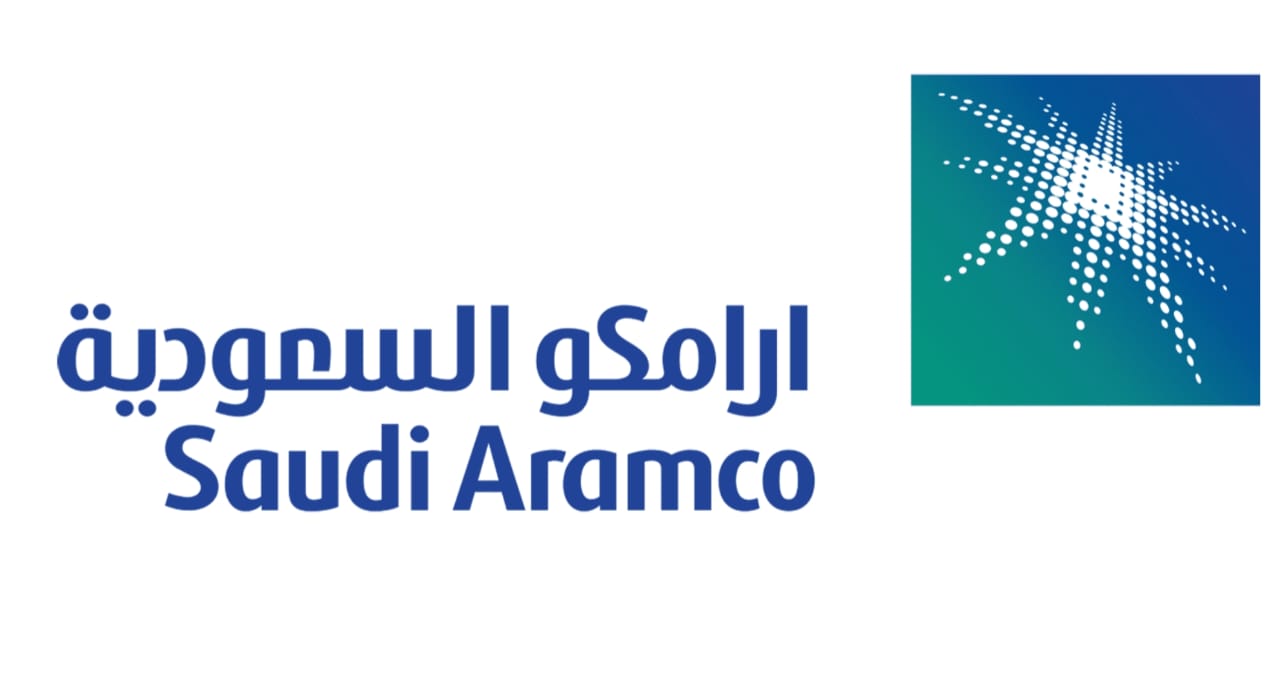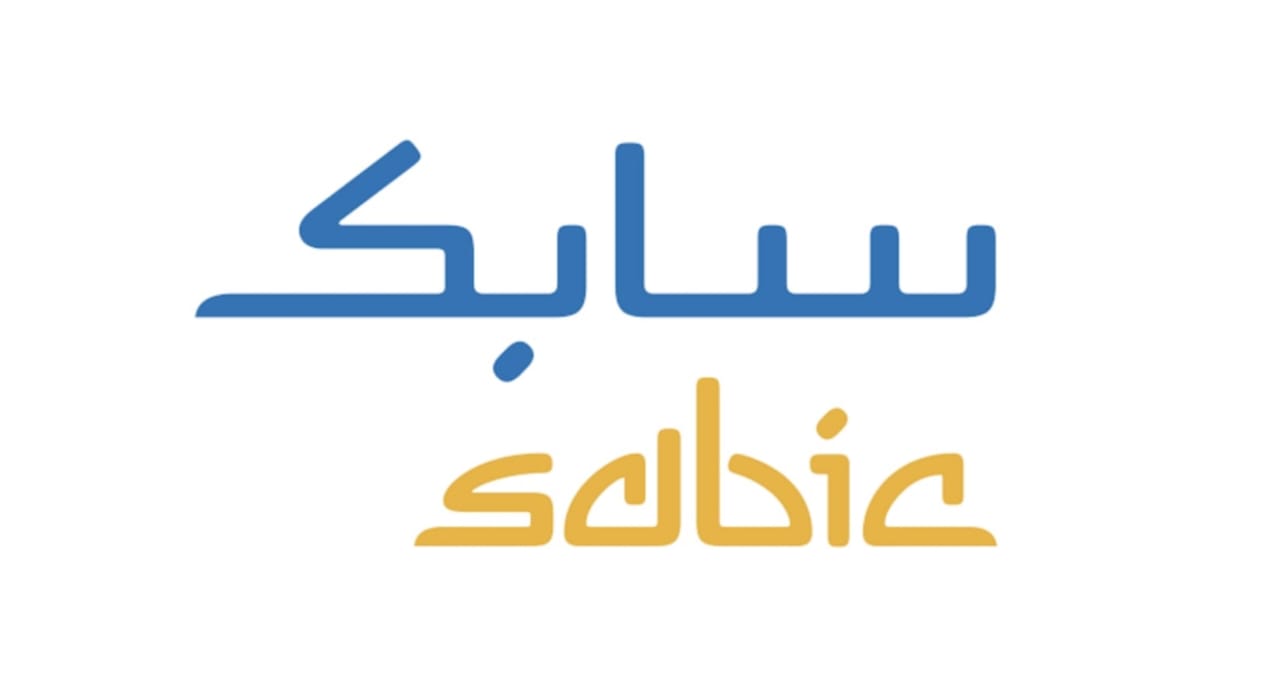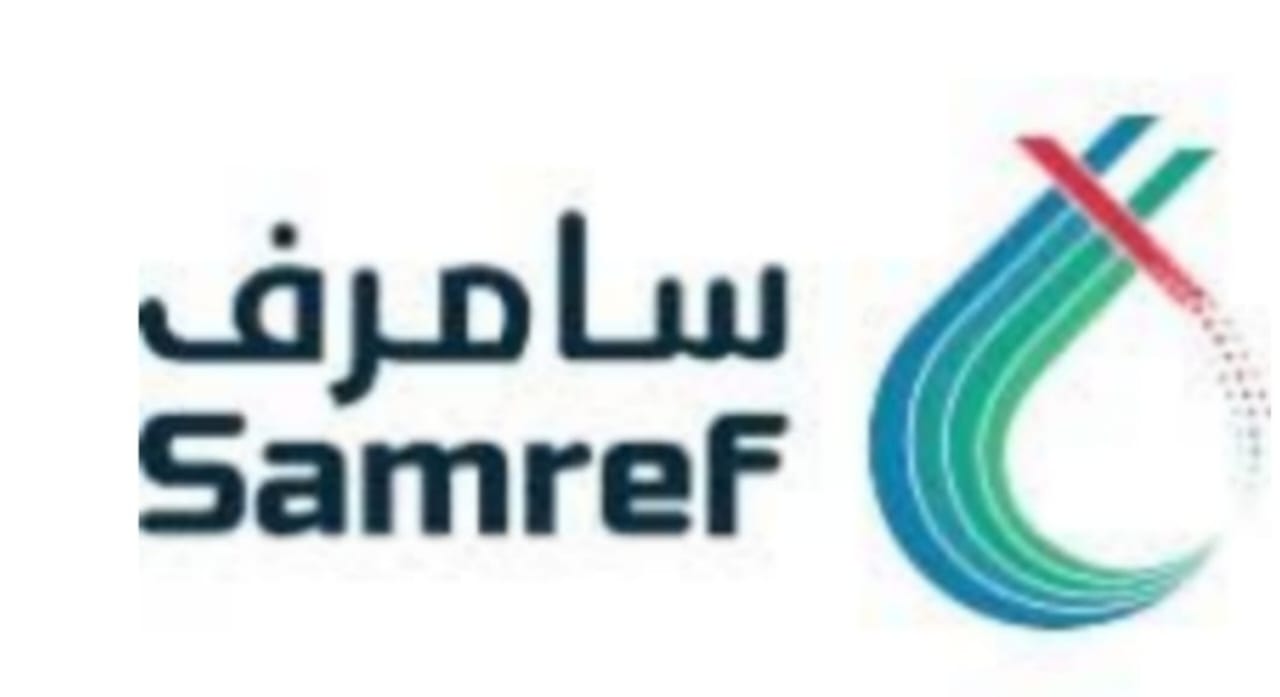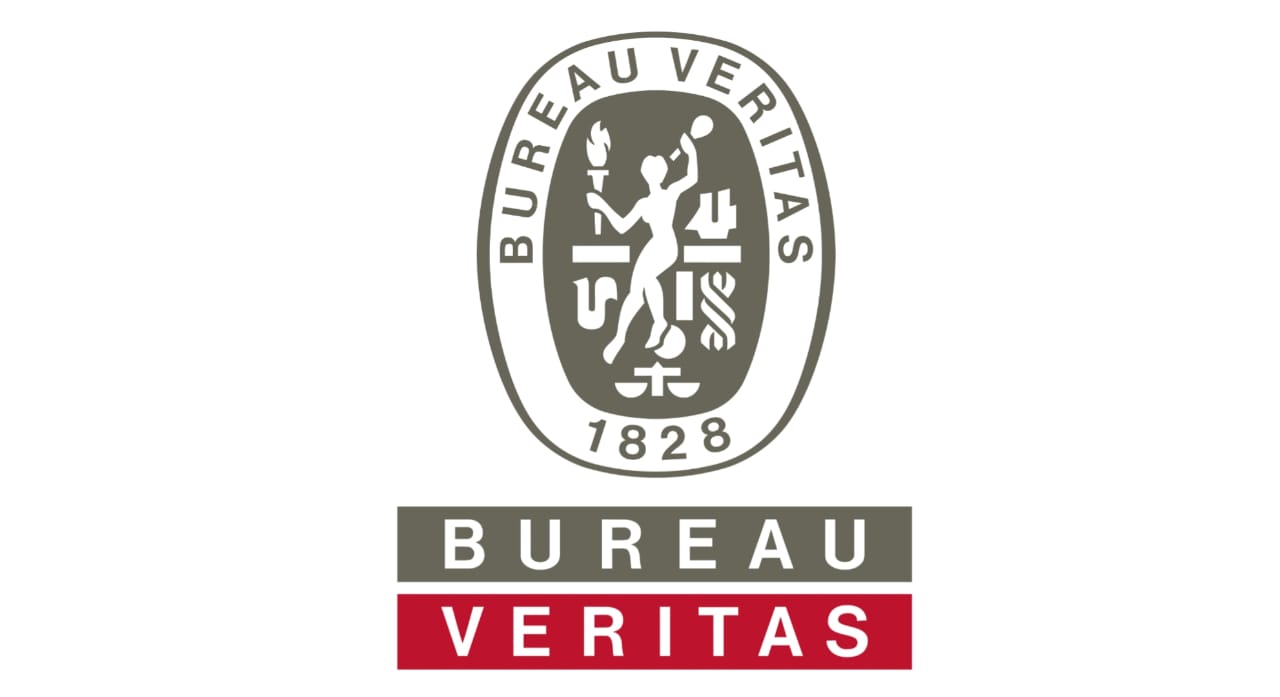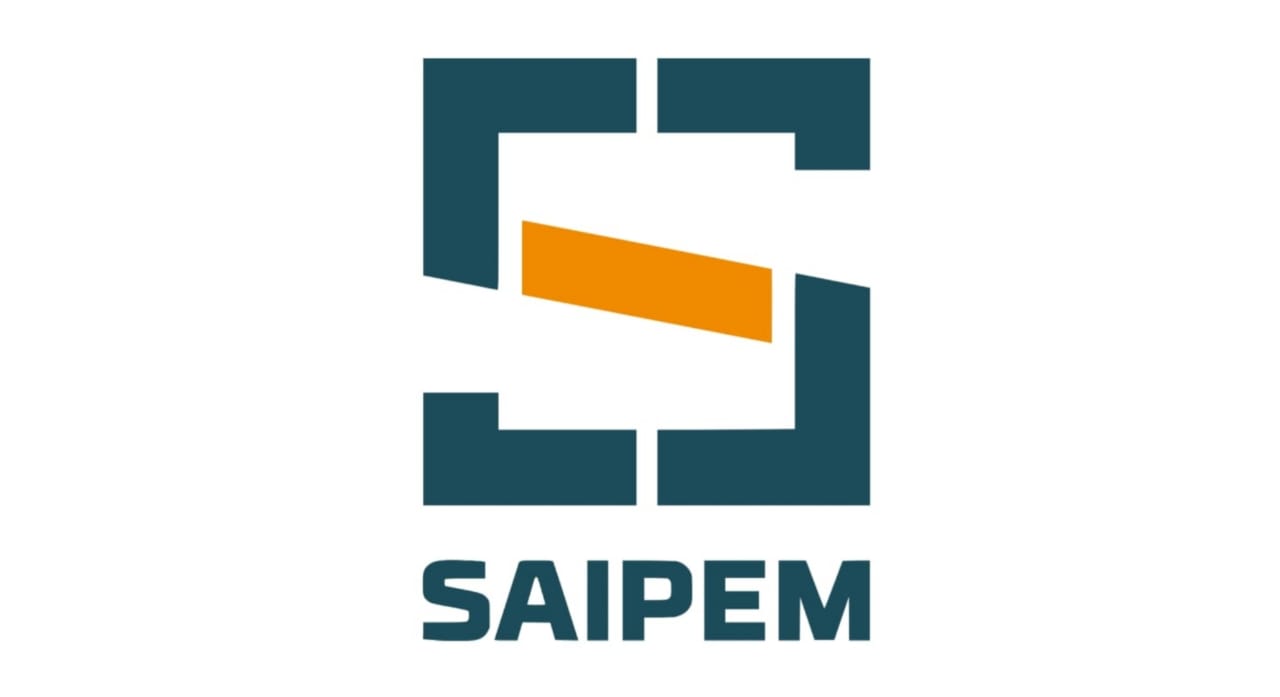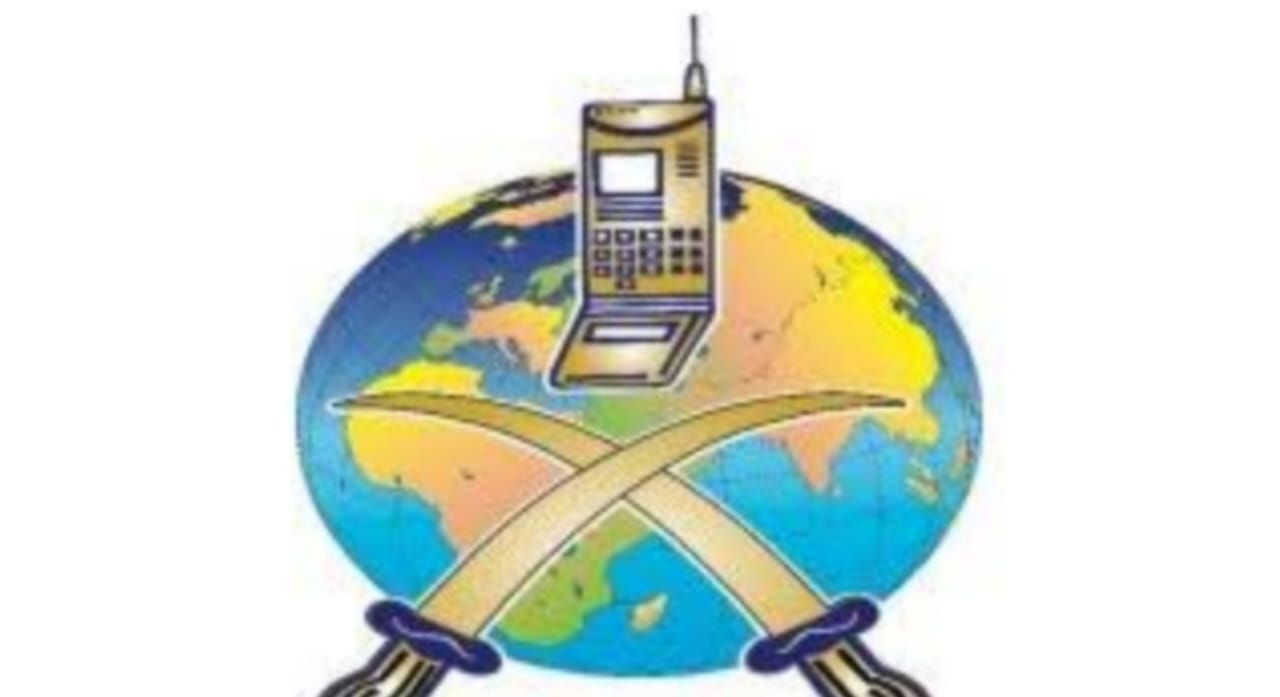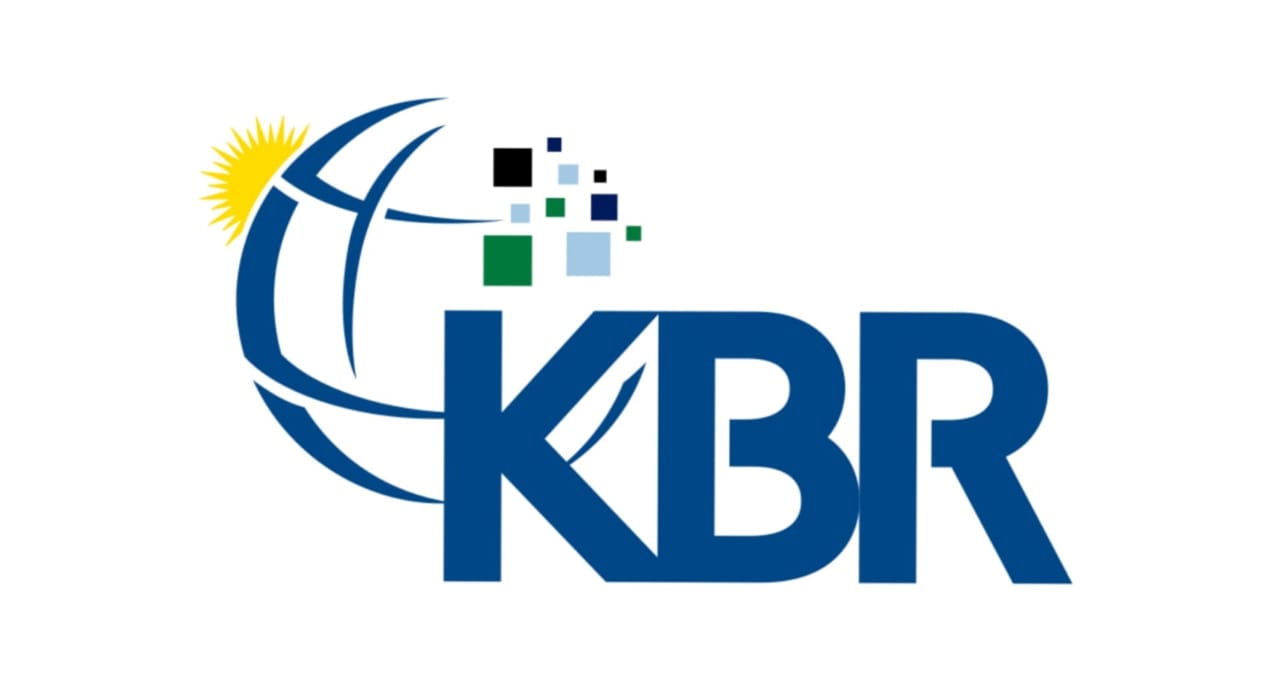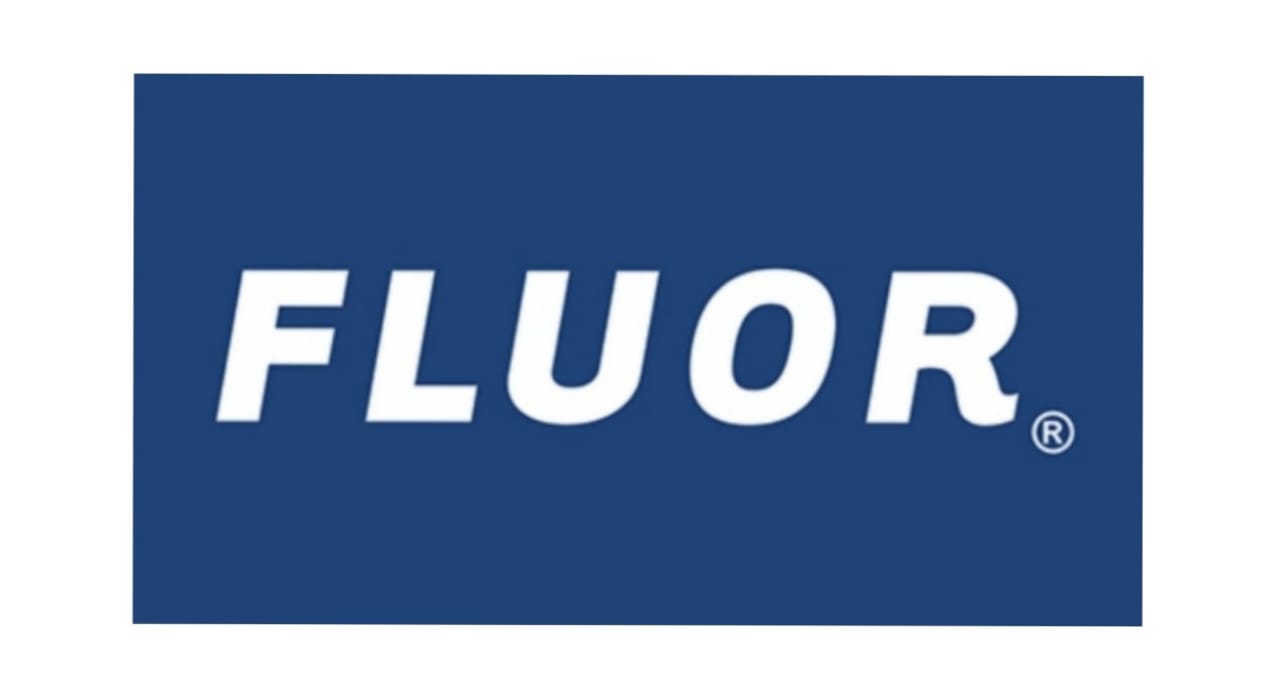What is Detailed Engineering Design?
Detailed Engineering Design
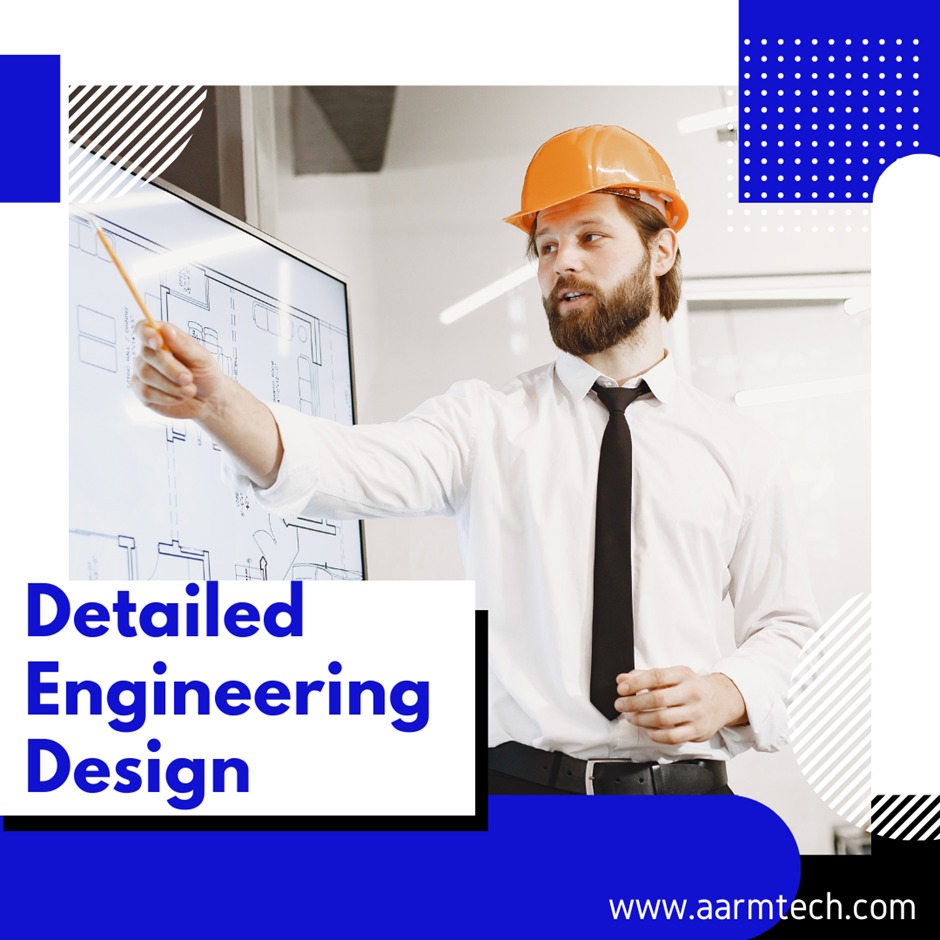
What is Detailed Engineering Design?
Detailed engineering design is the process by which a company or individual designs and plans for an object, product, service, or system. Detailed engineering design is not limited to just mechanical systems such as cars and airplanes. It also includes electrical circuits, software applications, computer hardware/software systems, and even chemical processes.
Detailed engineering design is the process by which you create a 3D model of your product. This model can be used to simulate and test the performance of your product prior to producing it in mass quantities.
It is an engineering design process that involves the construction and testing of a prototype or model to verify the feasibility of a proposed product.
What is CAD?
CAD stands for computer-aided design, which is the creation of 3-Dimensional drawings using computer software. It allows engineers to create designs from scratch without having to physically construct them first. The use of computers in this way has allowed engineers to work faster and more efficiently than ever before, saving time and money.
What does CAD software do?
CAD software (Computer Aided Design) helps engineers create accurate blueprints, schematics, and more by allowing them to make changes on screen in real time. They can then save their designs in various formats such as DXF files which are used by manufacturers to produce products from 3D printers, and CNC machines.
What are the benefits of a detailed engineering design?
In short: it can save money in the long run. A detailed engineer will ensure that all possible problems associated with your project have been taken into account before you start building something new or changing something old. This way you don't spend time trying to fix things that should
Detailed engineering design is the process of creating a model or prototype that demonstrates how a product will work as intended. The engineer must consider many factors including performance, maintenance, safety, and cost to ensure that the final product meets all expectations.
What are some examples of a detailed engineering design?
A car's performance needs to be calculated for acceleration, braking, cornering, and top speed. A plane's wings need to be designed so they can take off and land safely while maintaining their desired flight characteristics (elevation/speed). An elevator's hoist system needs to calculate the amount of force needed to raise an object up each level
Detailed engineering design is the process of designing an object or a system to meet specific requirements.
It includes the following:
- Determining the required functionality and performance, as well as identifying all possible requirements for that functionality and performance.
- Determining what resources are necessary for implementing those requirements, including time and cost estimates for each resource.
- Detailed engineering design is the process of developing a product, system or an idea from scratch.
- This includes creating a detailed plan for the development and construction of the project as well as documentation that describes how to build it.
- It involves designing components, sub-systems and details like assembly instructions.
The following are some examples of what can be designed:
- A house
- A car engine
- An aircraft cockpit or avionics systems (e.g., flight controls)
Detailed engineering design is a process that involves the creation of drawings and specifications for various tasks and operations. The purpose is to provide accurate drawings, specifications, and reports to support construction. These documents are used in the construction phase as well as during operation of the facility.
Detailed engineering design is a process that involves the following steps to Analysis of the problem to define the scope of work. This will include;
- Defining Requirements
- Assessing Alternatives
- Identifying Risks.
Detailed engineering design is the process of designing a product which includes all aspects like:
- Functional Design
- Structural Design
- Conceptual design
Functional Design
This is the basic idea about what the product will do. Also, it includes and identifies all functions that are needed for this product to function properly. It also includes identifying all components used in this project. This helps you identify each component of your product as well as their purpose.
Structural Design
The structural part of detailed engineering involves creating a 3D model of your project with proper dimensions and weight limits. It also involves determining how much material needs to be used in building your structure, how many parts need to be cut…and more.
Conceptual design
This is where you look at how you can solve your problem by using existing products or technology in new ways. It may involve looking at new materials and processes to produce something different from what is currently available on the market. For example, if it’s a medical product, you could use a 3D printer to create custom implants for patients who need them. If it’s an electrical product then you might use a 3D printer to create custom electrical product-related things.
Detailed engineering design is the process of developing a product from its inception to final assembly, testing and delivery. The primary purpose of this step is to ensure that all specifications are met before any physical prototypes are created. Each stage in the development process must be followed meticulously so that the finished product meets all requirements for function, safety and reliability.
What does it mean to have an engineering team?
A team can consist of many people from different backgrounds with varying skills, but at each stage, there needs to be one person designated as a project manager who has overall responsibility for coordinating the various activities necessary for completing a specific portion of your design.
Aarmtech detailed engineering design is a process that involves the creation of drawings, specifications, and other documents. It uses precise terminology to define an item or system so that it can be manufactured correctly. It also allows for the construction of models and prototypes as well as testing before production begins.
Explore Our Solutions
- Coverage Study
- Safety System Solution
- Access Control Solution
- Digital Surveillance Solution
- Perimeter Security Solution
- Integrated Physical Security
- Explore All
